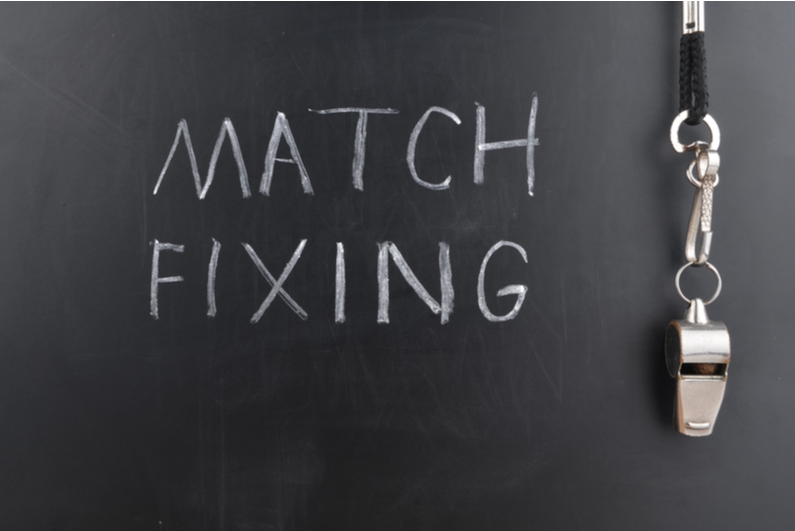A cause for concern
The Sportradar Universal Fraud Detection System (UFDS) noted 903 cases of suspicious betting activity last year. It represents the largest number of cases flagged in the UFDS’ 17 years in operation.
Sportradar released its ‘Betting Corruption and Match-Fixing in 2021’ report at the end of last week. The 903 cases outlined in the report covered ten sports and 76 nations. The previous record number of suspicious betting activity cases stood at 882 found in 2019.
one in every 201 games was a concern
Soccer saw the highest alert frequency of all sports. The UFDS found that one in every 201 games was a concern, with the most alerts coming in the months of September and October when the majority of professional soccer leagues begin their seasons.
Sportradar said the lower-level leagues were most concerning. About half of suspicious soccer matches took place in the third tier of league soccer or lower. This includes youth and regional soccer.
Esports came next in the list of suspicious cases, with alerts from one in every 384 fixtures, followed by basketball with an alert in one in every 498 matches.
More of the same in 2022
Sportradar Integrity Services managing director Andreas Krannich commented on the report’s findings. Asserting that there are no easy solutions to the problem, he predicted similar or greater levels of alerts for 2022. Krannich said: “Now, would-be corruptors take an increasingly direct approach to match-fixing and betting corruption, with athletes messaged directly via social-media platforms.”
Krannich believes that Sportradar’s progressive approach to protecting the integrity of sports through intelligence gathering and bet monitoring is the key. Other important tools to battle match-fixing include preventative measures like educating stakeholders and athletes.
Sportradar outlined how the record number of suspicious betting alerts has also coincided with rising turnover. The report estimates that global betting turnover reached €1.45trn ($1.57trn) last year. From the 903 suspicious cases in 2021, match-fixers profited by an estimated €165m ($179m).
Cracking down on match-fixers
Despite the stark reality of the report’s findings, Sportradar remains committed to promoting the integrity of sports globally. The company worked closely with partners around the world to dish out 65 sanctions for match-fixing offenses over 2021.
eight athletes received lifetime bans
Of these cases, 46 were sporting sanctions and 15 criminal. Four of them were both criminal and sporting sanctions. They stretched across 11 nations and were related to just tennis and soccer. As part of this, eight athletes received lifetime bans from their sport due to match-fixing.




